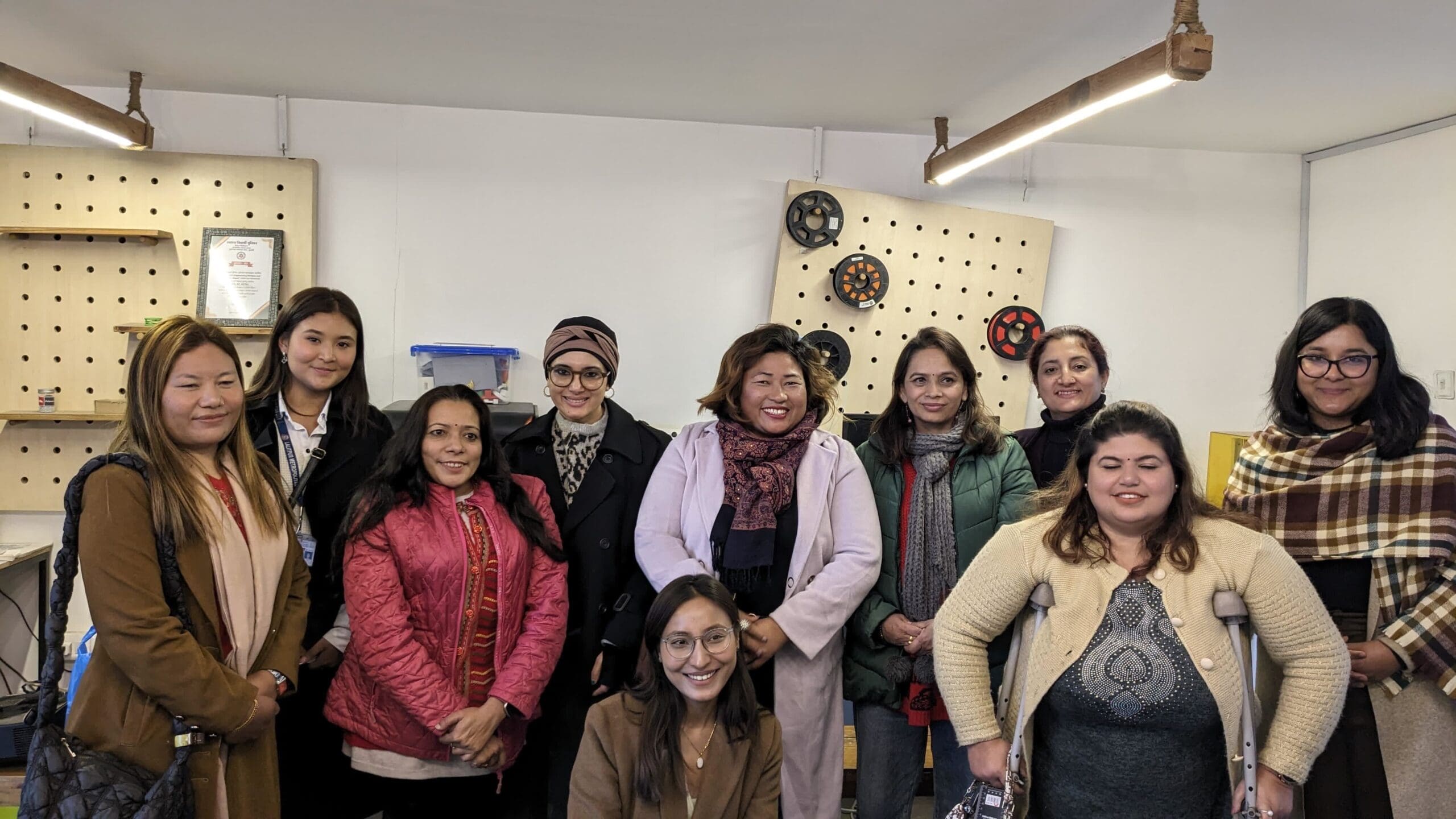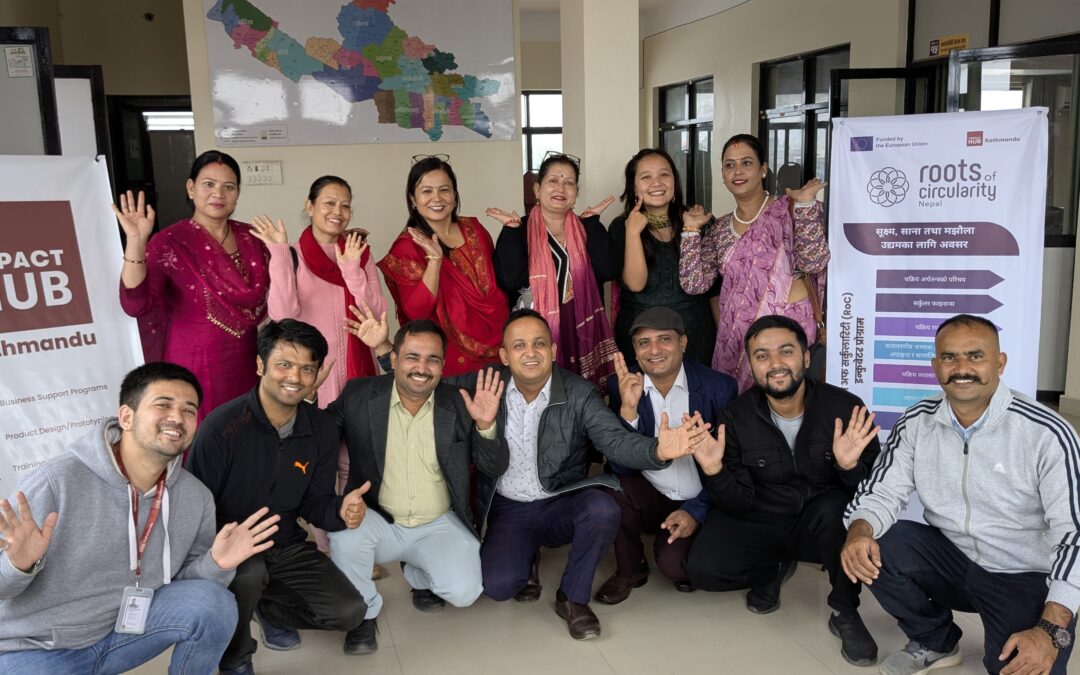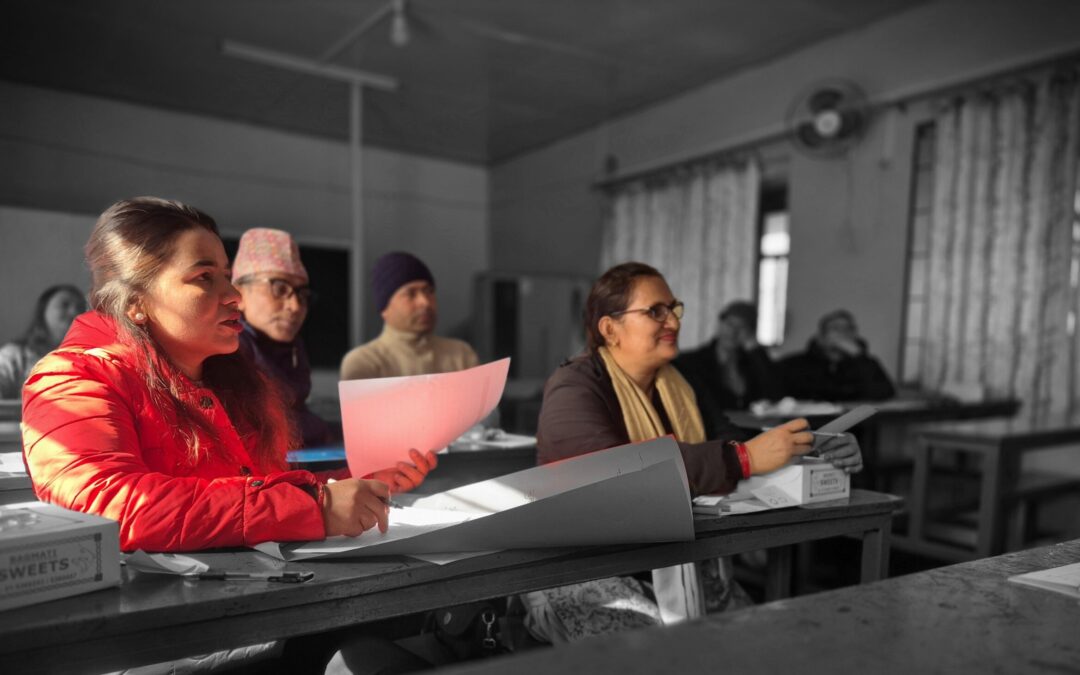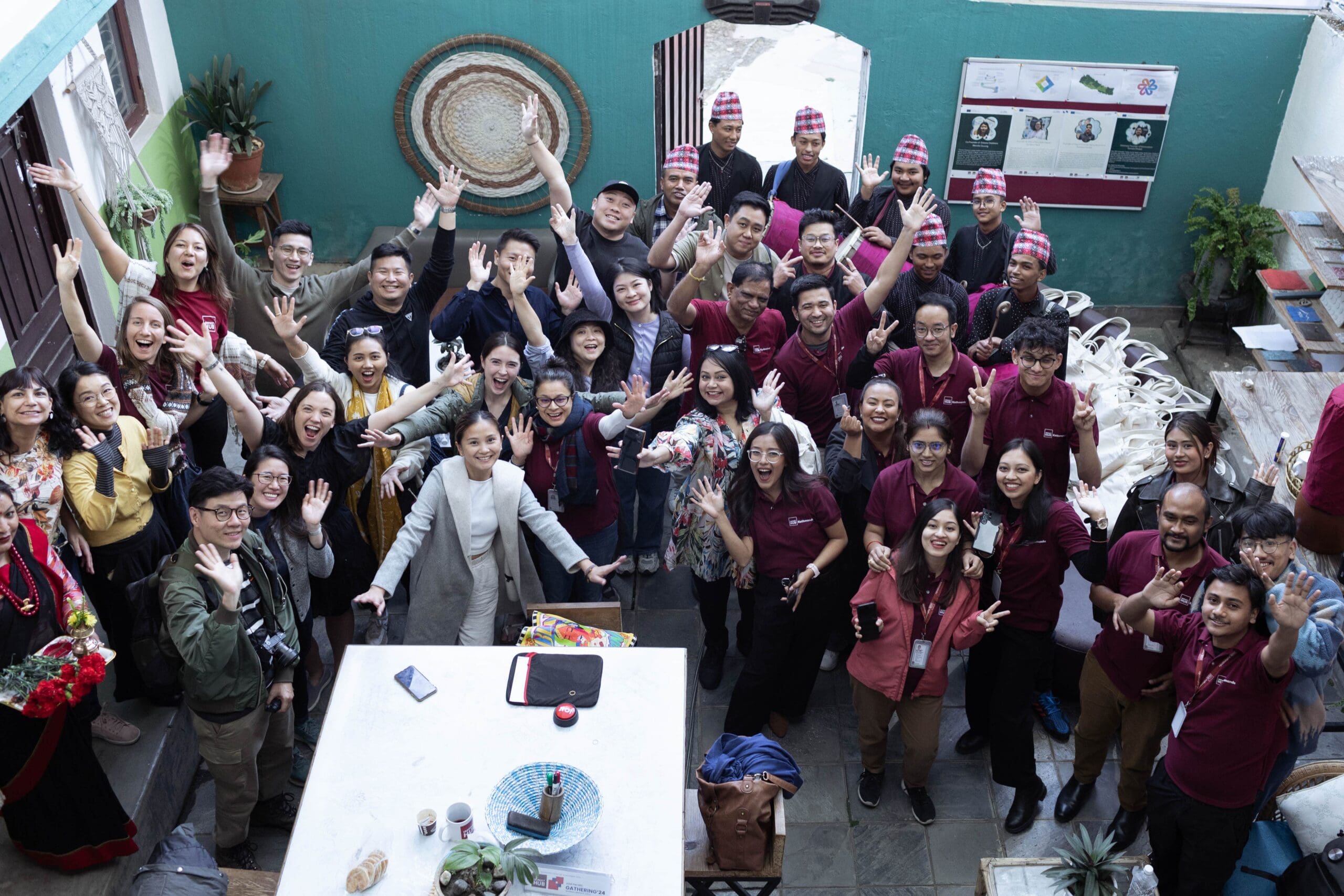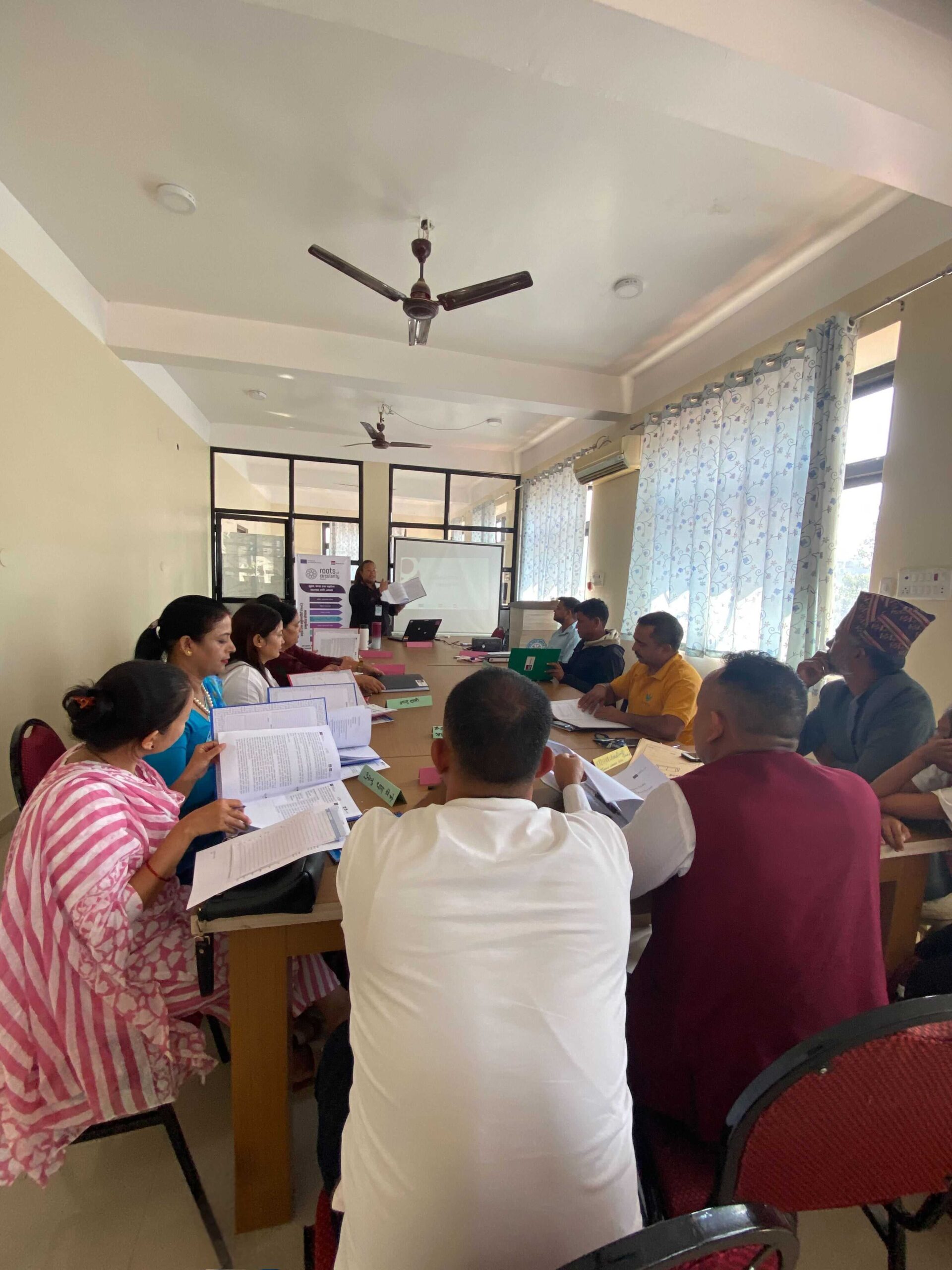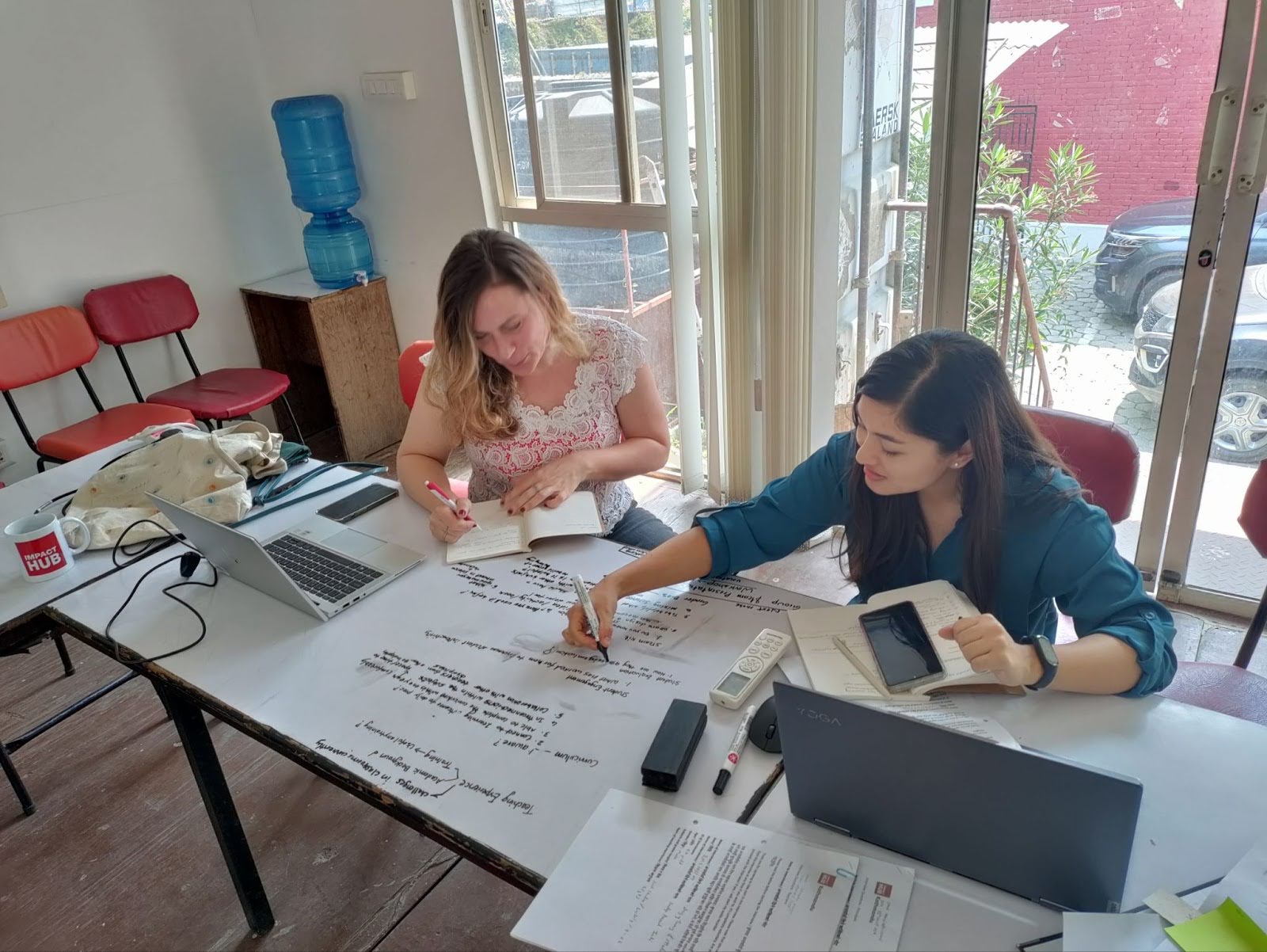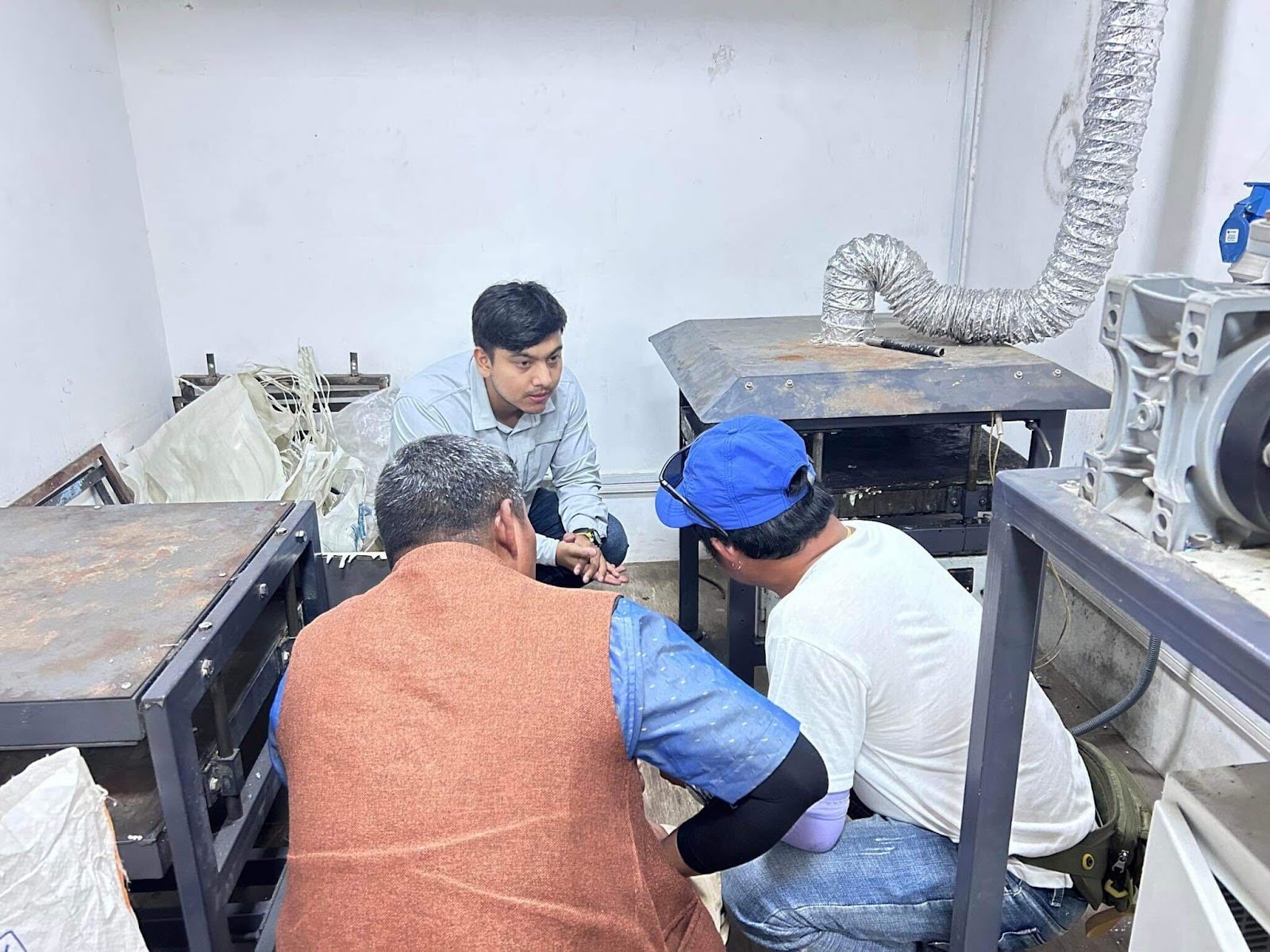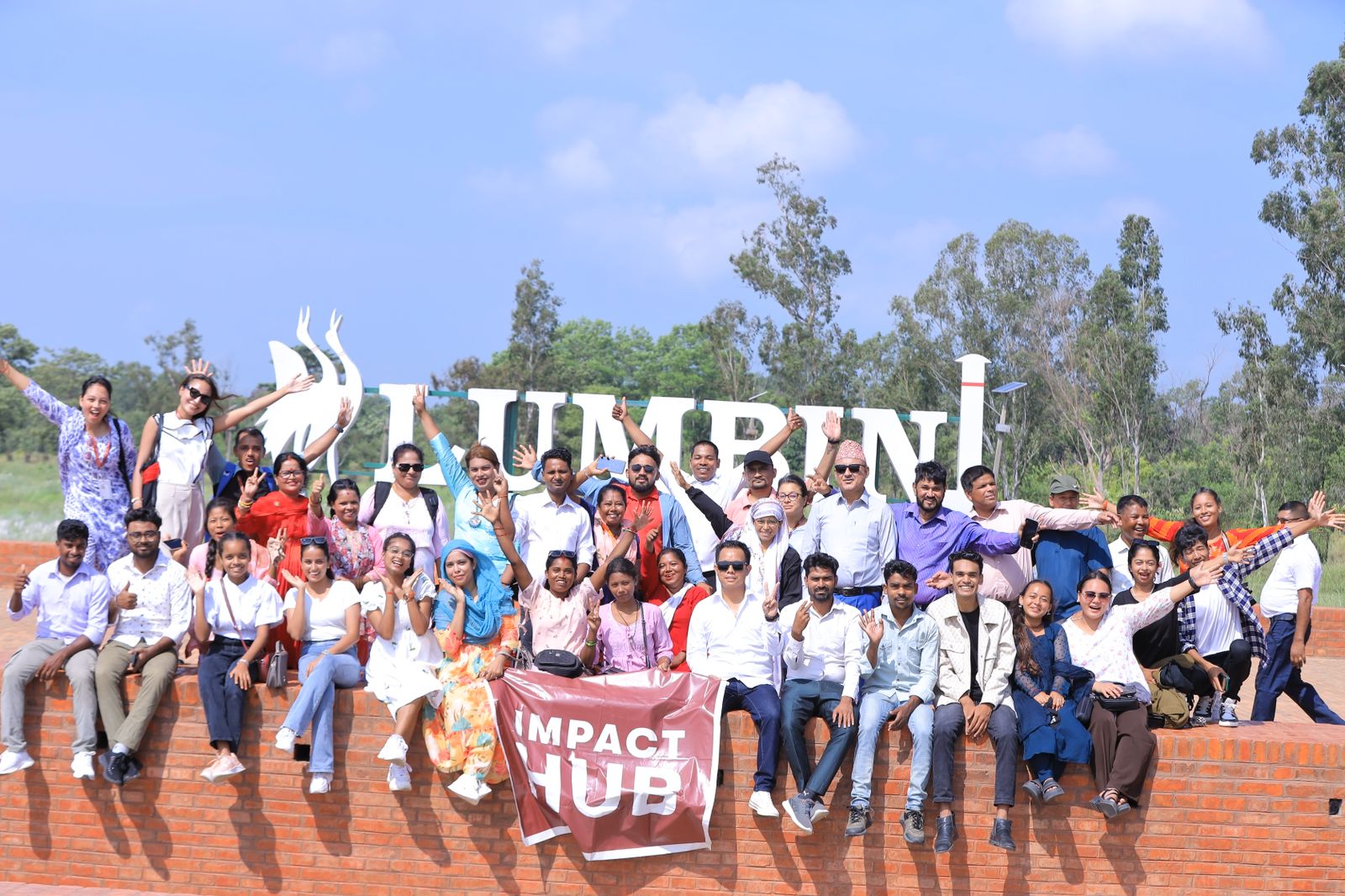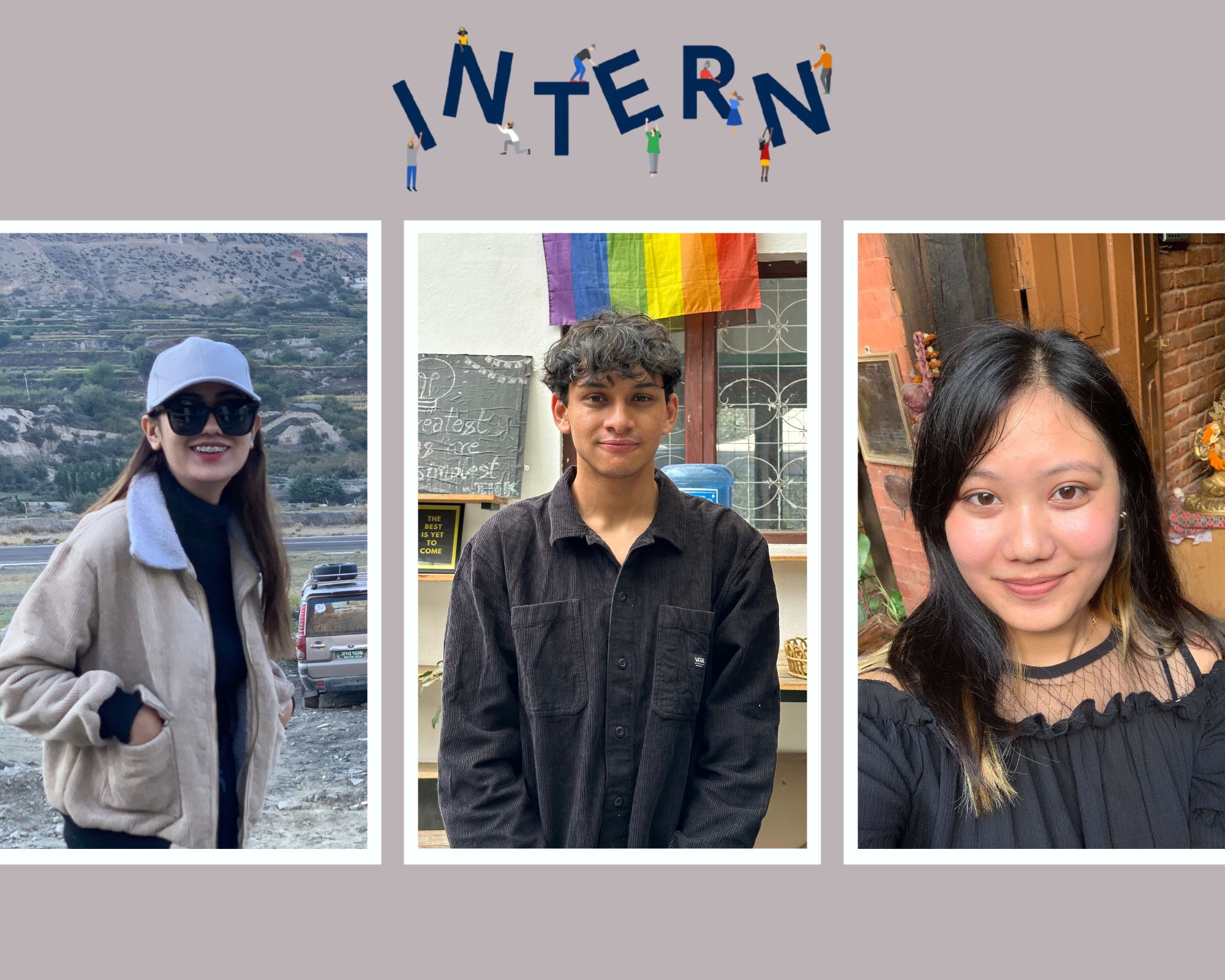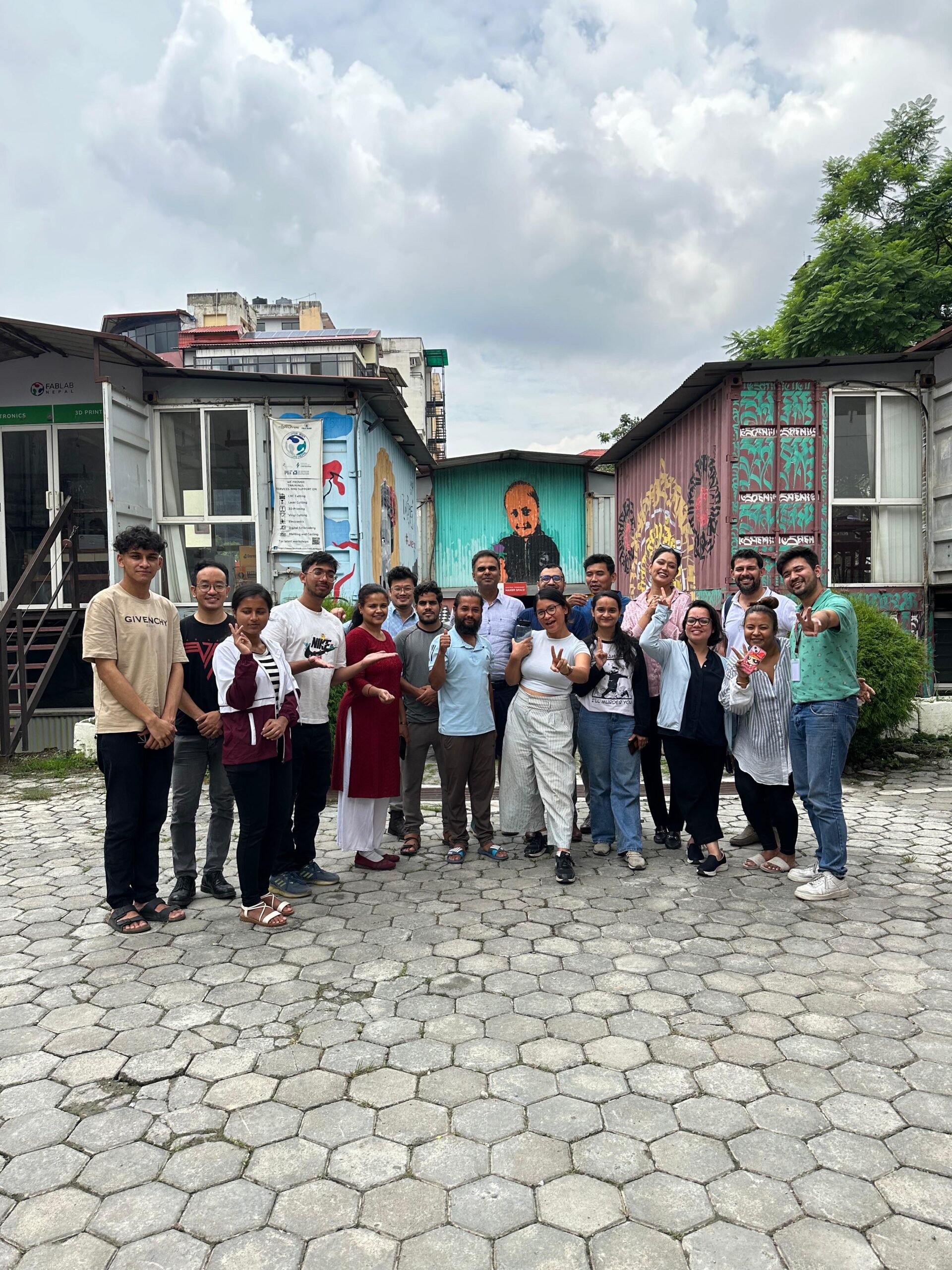“Disabled is the society that thinks I am disabled”- Rupa Aryal, Participant (Women entrepreneur)
A powerful quote that emerged from one of our research sessions conducted for the Gender and Disability Inclusive Entrepreneur support Towards Improved Access to Finance Research Project, compels us to think about disability in a different way; it makes us question the very exclusion of the “largest minority group” in the world. Rather than the focus on people with physical impairments, it questions the structure of our society. But then, what is the structure of our society?
Let’s imagine,
The school where you got your education; did you have certain classrooms that could be reached only through stairs?
Yes, this structure.
Have you noticed potholes and unparalleled roads while walking?
Yes, this structure.
Have you ever been to offices where you thought that a wheelchair or someone visually impaired could walk around without assistance?
Maybe you did not even think about that?
Yes, this structure.
Now that we have an understanding about what our structure looks like, we cannot help but realize that most of our structure “apparently” forgets about persons with disabilities. Given such a structure, one might wonder, “What does an entrepreneurial pursuit of Persons with Disabilities look like?
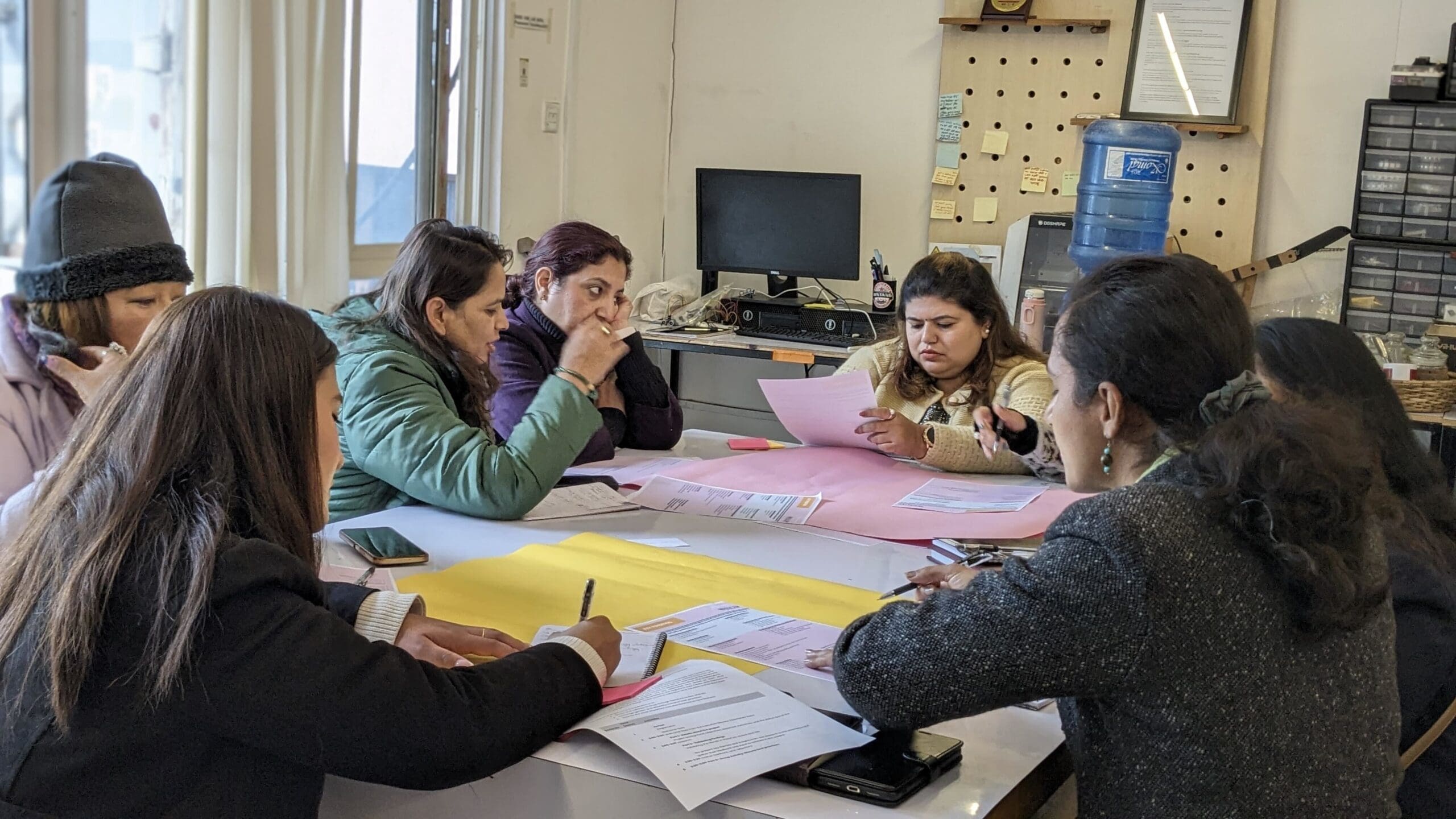
Upon deeper understanding of four women entrepreneurs with disability, a major finding was the complex interplay of societal, institutional, and physical barriers. The Key Informant Interviews (KIIs) conducted on Gender and Disability Inclusive Entrepreneur Support for Improved Access to Finance revealed significant barriers faced by women entrepreneurs with disabilities in Nepal.
This contemplative exercise encourages an examination of the institutional and environmental factors contributing to the exclusion of what is often referred to as the ‘largest minority group’ globally. Societal barriers, including family and gender discrimination, lack of trust, and limited awareness, hinder their entry into entrepreneurship. Institutional challenges such as ineffective policies, tokenistic training, and educational shortcomings exacerbate the difficulties. Physical barriers, like inaccessible buildings and transportation challenges, further impede their progress.
Access to finance is a major hurdle, with informal channels, personal networks, and intermediary organizations playing a crucial role in funding. Lack of funds, information, collateral, and financial literacy, coupled with lengthy processes, present additional obstacles. Defaulting lenders and the absence of standardized procedures contribute to the financial challenges faced by financial institutions to provide loan and financial assistance to these entrepreneurs.
Recommendations from the KIIs include fostering a positive attitude towards persons with disabilities, raising awareness, promoting small cooperatives cautiously, implementing reasonable accommodations, and emphasizing financial literacy. Successful practices highlighted seed money, accessible transportation, structured training with follow-ups, reasonable accommodations, and a mental well-being initiative by Lalitpur Metropolitan City.
In summary, the KIIs underscore the multifaceted challenges faced by women entrepreneurs with disabilities, emphasizing the need for comprehensive support, inclusive policies, and societal awareness to facilitate their successful participation in entrepreneurship. Further to validate on our findings, we organized a curated, intimate local consultation meeting as well where we had people with disability, women entrepreneurs with disabilities, investors, funders, donors and relevant stakeholders.
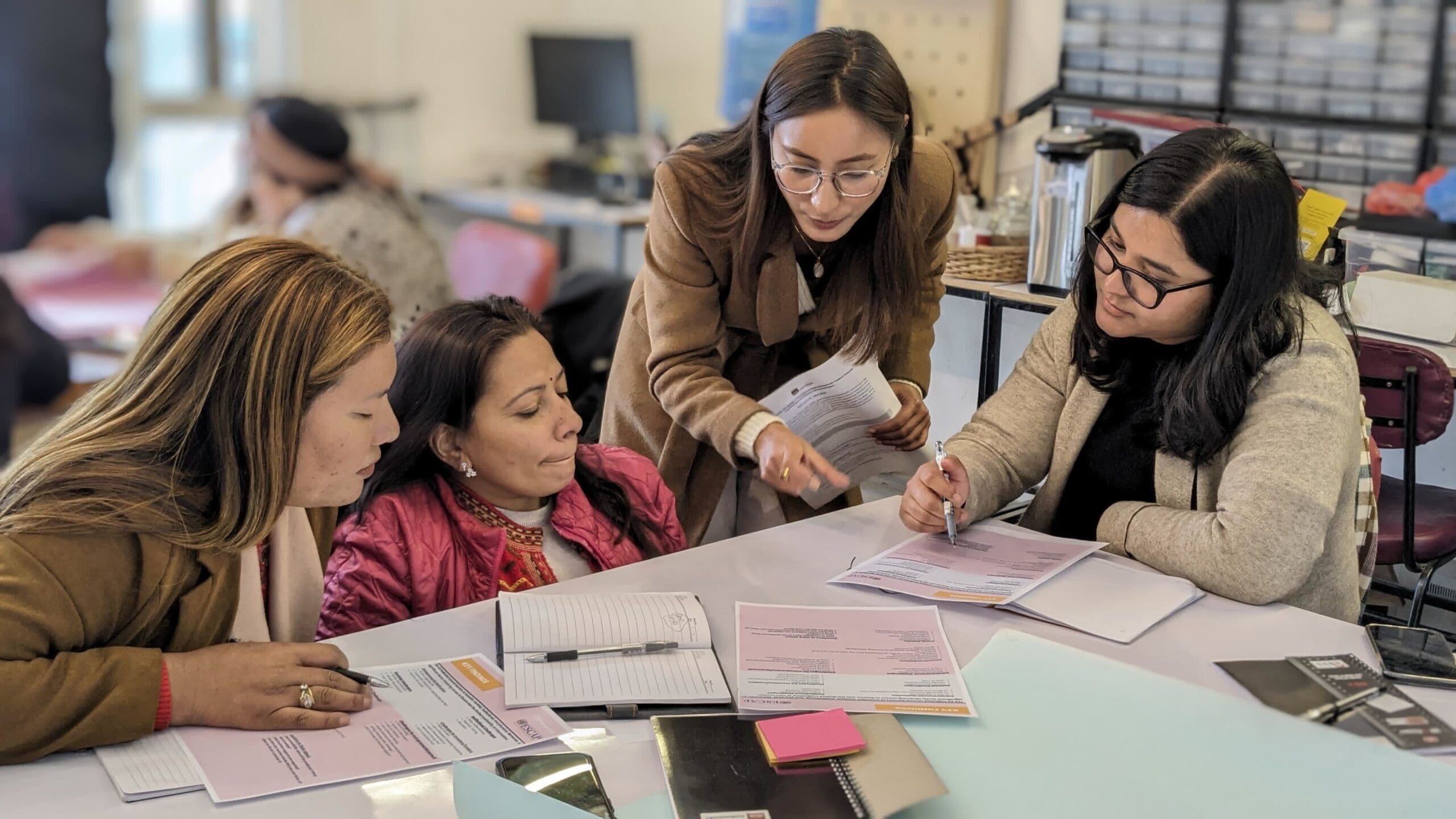
We hosted a special local consultation for incredible women entrepreneurs with disabilities as part of our Gender and Disability Inclusive Entrepreneur Support project, in partnership with UNESCAP. Joined by government reps, INGOs, OPDs, and inspiring women entrepreneurs, we delved into validating our research findings and gaining a holistic understanding of the challenges these inspirational women face. The event was more than just a gathering – it was a chance for everyone to connect, network, and find solutions. The local consultation also allowed Impact Hub Kathmandu to reflect on making the space inclusive for persons with disabilities. Although there is a long way to go, the local consultations marked the beginning. Our aim is to explore how we, as innovation hubs can create a more inclusive and accessible entrepreneurial support as well as access to finance for women entrepreneurs with disabilities. There seems to be a critical need to design an inclusive support system for women entrepreneurs in the country. The overall objective of the partnership between Impact Hub and UNESCAP is to ensure that entrepreneurship support in Asia is accessible and inclusive for women with disabilities, with a specific focus on addressing the financing disparity and the underlying infrastructure that contributes to existing inequalities and barriers to access to financial services. The research will culminate into a report that will comprise best practices from Nepal, Cambodia, and Bangladesh, emphasizing the urgency of addressing the needs of the largest minority population in the world.
